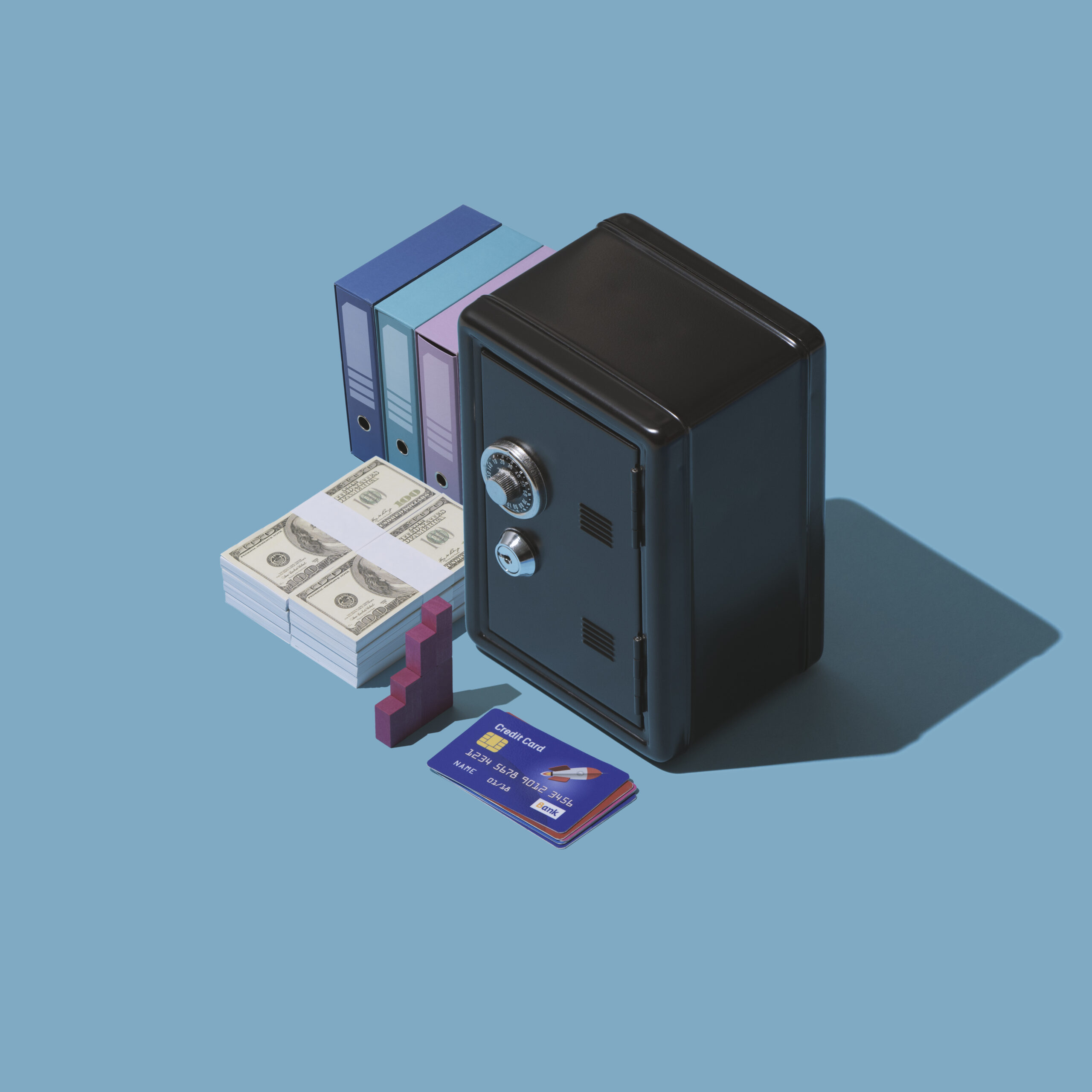While some banks may need invention to prevent banking errors, other banks need to solve a different problem: patent infringement. Barclays Bank, TD Bank, and others have joined the Open Invention Network (OIN) to resist litigation threats from patent trolls.
For many years, OIN has provided a way to reduce the threat of license and patent infringement cases against open-source software. ipCapital Group has worked to help OIN over the years, and we believe in its mission as well as admire Keith Bergelt, its CEO. In his tenure, he has been able to help it grow to 3,367 licensees.
This is undoubtedly an area where Invent Anything principles can be a strategic advantage. Specifically, the banks should invent all sorts of improvement ideas and then publish them in a venue like IP.com to generate prior art. In our earlier work we demonstrated that OIN could systematically invent and then publish those inventions to create prior art that would stop trolls from patenting these improvements in the future.
A quick search of the patent databases shows over a million patents and applications related to banking and finance. This poses a tremendous challenge to the finance and banking industry, so solutions like OIN offers will be desperately needed.
Additionally, new technologies threaten to radically change the banking industry. Looking ahead, Quantum Computing, Blockchain, Smart Contracts, and Machine Learning, will have major ramifications on the safety, security, and functionality of modern financial systems. Banks and financial firms, and the IP networks that protect them, should begin inventing and publishing in these areas immediately to maintain Freedom to Operate. “Enabled Publications” can provide protection from trolls without the large investment required to secure a patent portfolio.

Here are just a few ideas to get started:
- Imagine using quantum computing to add security to your credit cards. The credit card itself has a chip and/or strip that can associate with readers/re-programmers that create a new quantum code (where part of the quantum code comes from your card and part of the code comes from the reader/re-programmer). The credit card receives a new code each time it is used, making it impossible to copy and making credit card sniffers ineffectual.
- Imagine a blockchain for your online banking, where each entry on your account has a block where the withdrawer receives code for an indelible ledger on each transaction. For that transaction, you have an associated block, and the online bank has a log-in blockchain instance, so every time you view a transaction, it gets resecured. Such a service would garner a hefty premium at retail and investment banks.
- Imagine a smart contract for an online retailer like Amazon. Amazon puts in its purchasing agreements that you pay fractionally for the product when ordered. Then when it arrives you pay another fraction, and the final fractional is paid when you agree you got what you ordered. This technology would de-risk any purchase (and frustration) and give Amazon a new banking business line.
- Imagine using Machine Learning for mortgages. Early on, a young person signs up to a service that monitors personal credit using ML. The service is designed for monitoring transactions the young person typically does, spot trends that may impact credit ratings, and the service could flag the issues in real time and provide recommendations to the customer to keep their score high. Such a feature would likely attract many younger customers concerned and confused about how to position themselves for a higher credit rating.
Banks and OIN should protect the future by inventing anything and everything that will impact their industry in the coming years. By brainstorming these ideas now, and inexpensively publishing these ideas to create prior art, they can protect the future without breaking the bank (pun intended). Today, it is even possible to build an AI machine to invent and publish without much human intervention. Let’s just hope the legitimate institutions catch on before the patent trolls do.

